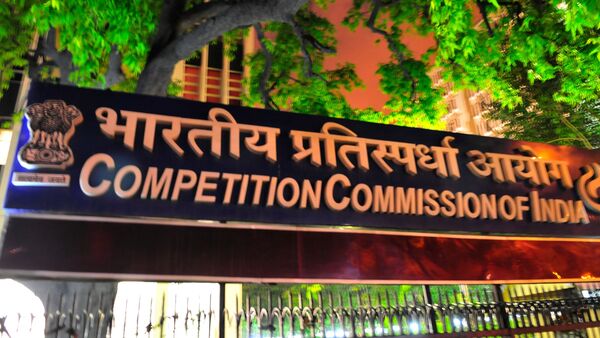Challenging the Competition Commission of India’s (CCI) rulings in the courts will become more expensive, as the proposed Competition Amendment Bill seeks to increase the deposit amount required to initiate such appeals.
The bill suggests raising the deposit to 25% of the penalty value, up from the earlier 10%, to deter frivolous appeals by companies.
Legal experts, however, said the change will impact smaller firms, particularly small and medium enterprises, as well as startups with limited cash flow as they may find it difficult to afford the higher deposits that would be locked away until the courts pass the final orders.
The Centre’s proposed bill also increases penalties by basing calculations on an entity’s global turnover instead of the relevant turnover.
Experts said this change, along with higher deposit amounts for appeals, could create significant burden for companies facing CCI action.
The proposed amendments expand the scope of penalties in two ways, Nisha Kaur Uberoi, head of competition, Trilegal, said. “Penalty on global turnover, and enhancing the penalty deposit from the existing 10% to 25% of deposit on a statutory basis, as a precondition to exercising the statutory right of appeal could lead to inequitable outcomes, as the Competition Act grants CCI the power to impose the highest economic penalties in the country,” she added.
Pritha Jha, partner, Pioneer Legal, said while major corporations, such as Google, may not be affected, smaller companies and startups could face significant challenges. “This is one of those changes that was unnecessary. A startup may truly believe that it is on the right side of the law, but may not have the cash flow to make that kind of deposit.”
The new law could potentially deny justice to smaller players, not based on the merits of the case, but on their inability to pay required deposits, she said.
Under existing rules, CCI orders can be contested in National Company Law Tribunal or high courts and firms can further appeal to the apex court if they lose a case in initial stages.
Market participants said the intent behind the proposals is to enhance quality of appeals, as many firms often appeal in higher judicial fora as a delaying tactic. A section of experts said the amendments may also help reduce the case burden on appellant tribunals, which handle insolvency appeals and other company law cases.
Download The Mint News App to get Daily Market Updates & Live Business News.
More
Less
#CCI #appeals #set #costlier #antitrust #law



